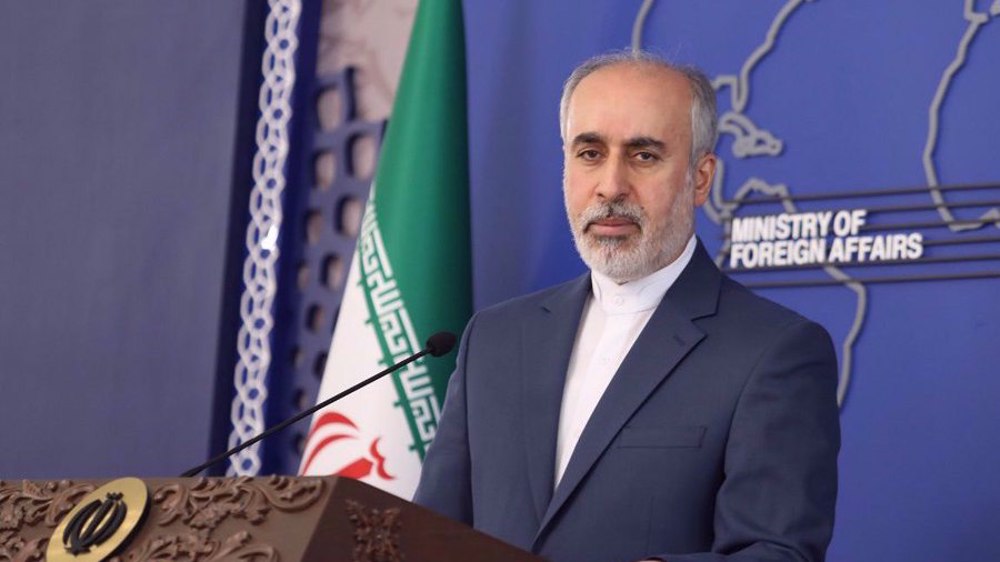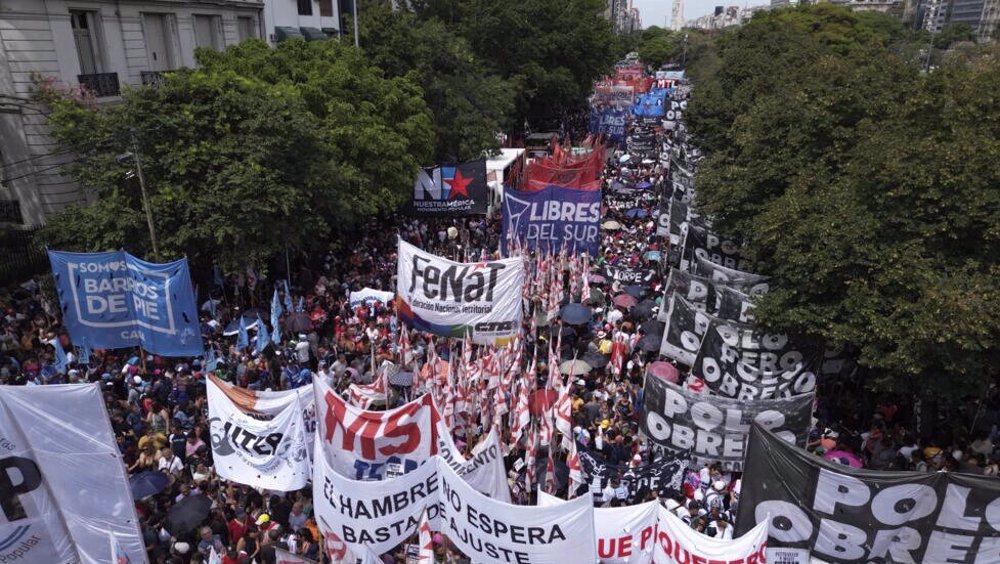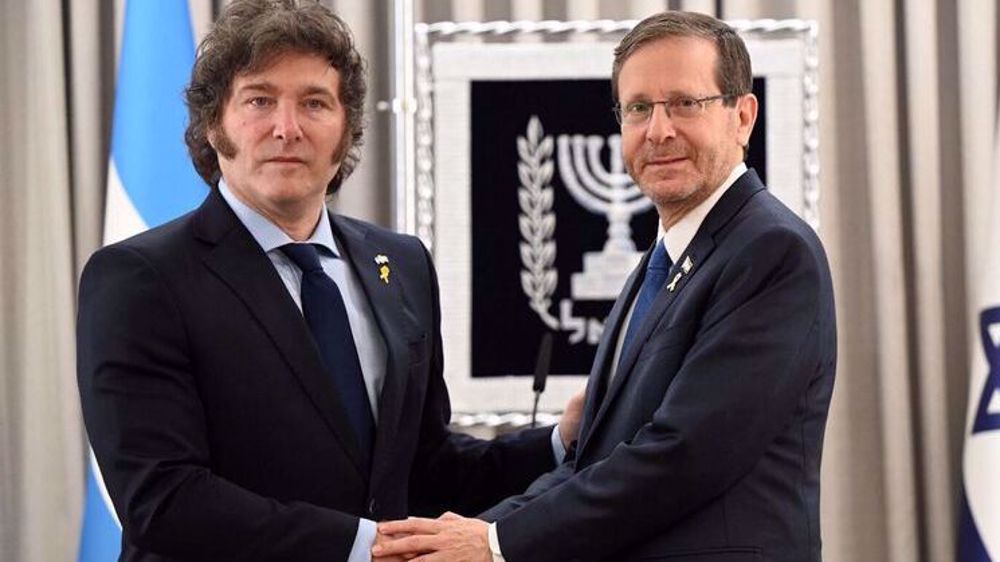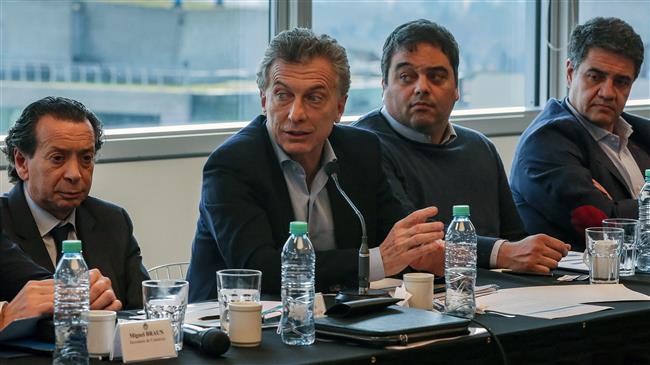Argentina government takes austerity measures amid currency turmoil
Argentina’s president has announced a series of “emergency” austerity measures — including cutting the number of ministries in more than half — to slash spending and save the national currency, the peso, which continues to fall against the dollar.
President Mauricio Macri said in a televised speech on Monday that his country was facing “an emergency” that required massive spending cuts and agricultural taxes.
The measures include stiff taxes on exports and massive spending cuts, he said, adding that he was demoting more than half of his ministers and reducing the number of ministries from 22 to 10 to cut spending.
“What we have to face is a basic problem, which is we cannot spend more than we have,” he said. “This is not just another crisis. It has to be the last.”
“We know it’s a bad, terrible tax that goes against what we want to foster: more exports to create more quality jobs,” said Macri. “[But] it’s an emergency.”
The measures, however, seemed to have no immediate effect on the market, as inflation was running at more than 30 percent and the national currency was still tumbling after the announcement.
The peso, which has lost half of its value against the dollar since January this year, fell a further 3.5 percent only on Monday.
The austerity program, instead, prompted anger among people, who took to the streets in the capital, Buenos Aires, to protest.

The president announced the austerity plan ahead of a travel by his representatives to Washington to finalize a deal with the US-based International Monetary Fund (IMF).
Argentina made a deal with IMF in June to get a $50-billion loan through the rest of the year to prop up the peso.
Macri says the IMF has agreed to accelerate funding in support of his government’s austerity program.
Many people are, however, wary of the IMF, following its role in the country’s worst ever financial crisis in 2001-2002, when devaluation, high inflation, and currency controls ultimately led to political turmoil and weeks of protests across the country.
Investors are also increasingly concerned that the IMF aid may not be enough.
Argentina, Latin America’s third-largest economy, has $24.9 billion in peso and foreign currency denominated debt payments due next year, official data shows.
The president, who took office in December 2015 on a promise to reform the economy, blames the crisis on “matters that are out of our control.”
‘A phenomenon caused by US’
Interviewed by Press TV on the matter, Jack Rasmus, a professor of political economy, said the economic difficulties in Argentina are also faced by other emerging economies.
“What we have got is a global phenomenon emerging here, as it is not just Argentina. Argentina is the worst case; but you have got Turkey; we are seeing signs of problems in Brazil with currency depreciation... India, Indonesia. It is a global phenomenon. It is made in USA,” Rasmus said.
“Rising dollar values in the USA are causing devaluation of the weakest currencies globally... So, you can trace the threat all the way back to policies in the US that are causing emerging market economies to have currency problems and capital flight,” he said.
He said the US was seeking to keep control over “these emerging market economies” and to “attempt to exert more US hegemony over these economies.”
“Sanctions are all around the world. This is all part of [US President Donald] Trump trying to reestablish global US hegemony for the next decade around the world,” Rasmus said.
“That is how Trump’s policy should be viewed; and Argentina is just an example of it.”
VIDEO | Press TV's news headlines
President Raeisi: Nothing will remain of Israel in case of another mistake
UN rights chief ‘horrified’ by mass grave reports at Gaza hospitals
Hezbollah says launched ‘deepest attack’ on Israel since start of Gaza war
Israel intensifies strikes across Gaza on day 200 of genocidal war
China says US still interfering in its affairs despite efforts to stabilize relations
Russia says will intensify strikes on Western weapons storage in Ukraine
‘200 days of livestreamed genocide’: Netizens react as Gaza war marks 200 days













 This makes it easy to access the Press TV website
This makes it easy to access the Press TV website